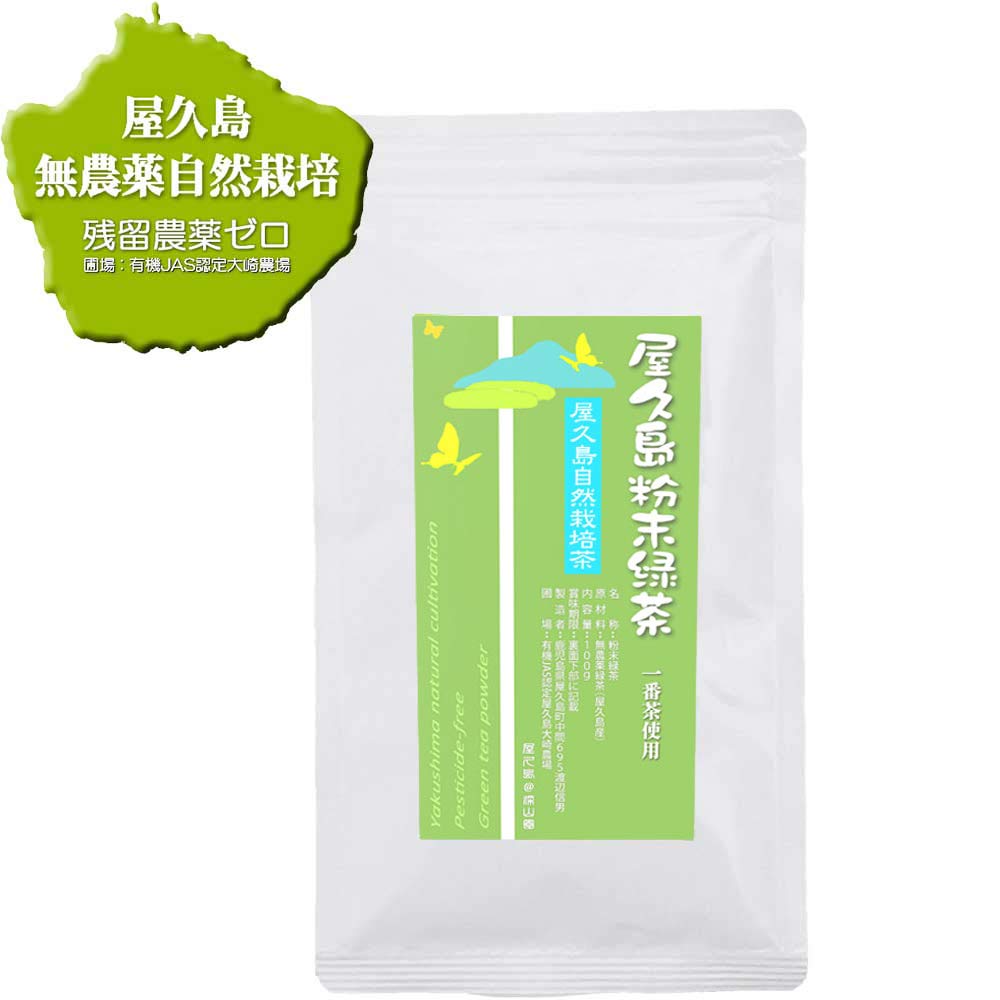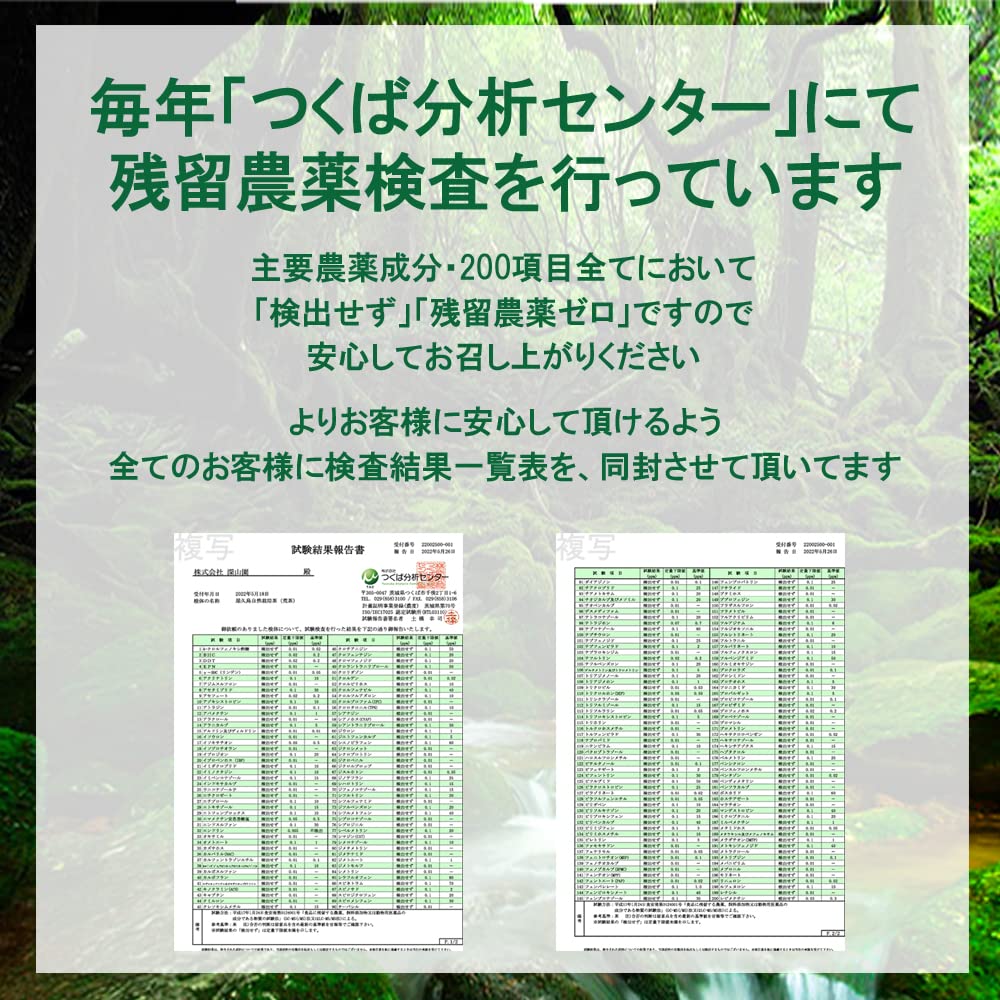----------------------------------------------------------------------
【Cautions for using electrical products】
When using electrical appliances, please note that the voltage is different from that of Japan, which may cause malfunctions.
Since the plug type is Japan type(A or B type), please check the voltage and use a transformer.
Please note that a transformer is different from a conversion adapter.
We are not responsible for malfunctions caused by use without a transformer.
【Voltage Compatibility】
When using electrical appliances, please note that they are designed for Japanese voltage specifications (90-110V), so if you use them with a different voltage, it may cause a malfunction.
【Plug Type】
Our products use Japanese plug types (A or B type).
Please use a conversion adapter if necessary.
【Important Note on Transformers and Adapters】
A transformer adjusts voltage to match your device’s requirements.
A conversion adapter only changes the plug shape and does not adjust voltage.
Using only a conversion adapter without a transformer may result in damage to the product.
【Liability】
We are not responsible for malfunctions or damages caused by improper use, such as operating the product without a transformer.
----------------------------------------------------------------------
[? Doubts? ] We often receive questions in our product reviews, such as ``What products are pesticide-free but don't have the organic JAS mark?'', so I would like to give a simple explanation. First of all, organic does not mean pesticide-free. Organic tea is a qualification given to foods that meet Organic JAS standards, and Organic JAS does not have any pesticide-free regulations. In fact, there are many organic JAS certified pesticides on the market. Many farmers grow tea according to strict organic standards, but almost 100% of farmers will reduce their income if they cultivate tea completely without pesticides, so they are forced to use certified organic pesticides. In addition, many of our customers have a sensitive sense of smell and taste to chemicals, or people who cannot even drink organic tea, so we do not use certified organic pesticides or anything that can be labeled as pesticides, and we cultivate our products naturally, believing in the plant's inherent vitality, such as its tolerance. We try to deal with damage caused by pests and diseases using natural methods (for example, spraying diluted seawater, etc.) as much as possible, but damage caused by insects cannot be avoided! This leads to a decrease in revenue, production volume is unstable, and in terms of quality, we sometimes produce the same tea every year, sometimes not, which causes inconvenience to our customers. But good thing
too! ...Tea leaves that have suffered moderate feeding damage may improve their flavor through fermentation. (One example: Oriental Beauty of Chinese tea) Our "completely pesticide-free natural cultivation" is made up of both green tea and fermented tea. In addition, as a precaution, we conduct a pesticide residue test every year, and this year too, all 200 items were found to have no pesticide residue detected, so you can enjoy our products with peace of mind. We would like to express our sincere gratitude to everyone who uses the vitality of Yakushima's plants and our services.
Drinking powdered green tea is a very logical way of ingesting 100% tea leaves into the body, but residual pesticides that are ingested 100% with tea accumulate in the body over many years and are said to be a cause of unknown health damage. The raw material tea leaves must be natural tea, so at the Organic JAS certified Yakushima Osaki Farm, we do not use any pesticides or chemical fertilizers that are approved by Organic JAS, and we grow using natural methods in the great outdoors with no scattered pesticides. Even spider webs and praying mantises play a role in tea production.
[Reference] Pesticide residue standards set by the country are standard values that are based on tea consumed in a teapot, but powdered green tea, in which 100% of the tea leaves are taken into the body, requires a completely different standard value, zero residual pesticides. If you are interested, please search for ``Japanese tea's residual pesticide standards are hundreds of times higher than that of other agricultural products'' or ``drinkable pesticides.''
Tea leaves grown naturally. Clothing with cheesecloth (black shading net) suppresses the astringency and improves the color of the tea leaves, but we do not intentionally use it because it blocks sunlight and prevents the production of catechins, which are the components of the astringency. We do not use any nitrogen-based chemical fertilizers, which improve the color and taste of the tea leaves, so the light blue color is not bright green, and the taste is a little bitter, rich in natural catechins. In order to avoid the clumps that are the fate of powdered green tea, it is ground slightly coarsely, so it does not dissolve like matcha.
Yakushima has been registered as a World Natural Heritage Site as an island with a rare ecosystem in the world, where humans have coexisted with a natural history that has continued since ancient times. Tea production in Yakushima is also a symbiosis between humans, plants, and insects. Depending on the year, the tea leaves may suffer severe damage due to insect damage, but a moderate amount of damage actually increases the catechin content of the tea leaves, creating an ideal environment for fermented teas such as black tea. (Reference: Yakushima Benifuki Black Tea) We are encouraged by the fact that Yakushima naturally cultivated tea, which is nurtured by the mysterious providence of nature and the harsh but blessed nature, is being enjoyed by people who are sensitive to chemicals.
Zero residual pesticides and scattered pesticides
































